Donor Republic acquires BePartnerReady.com® to accelerate corporate partnership capability
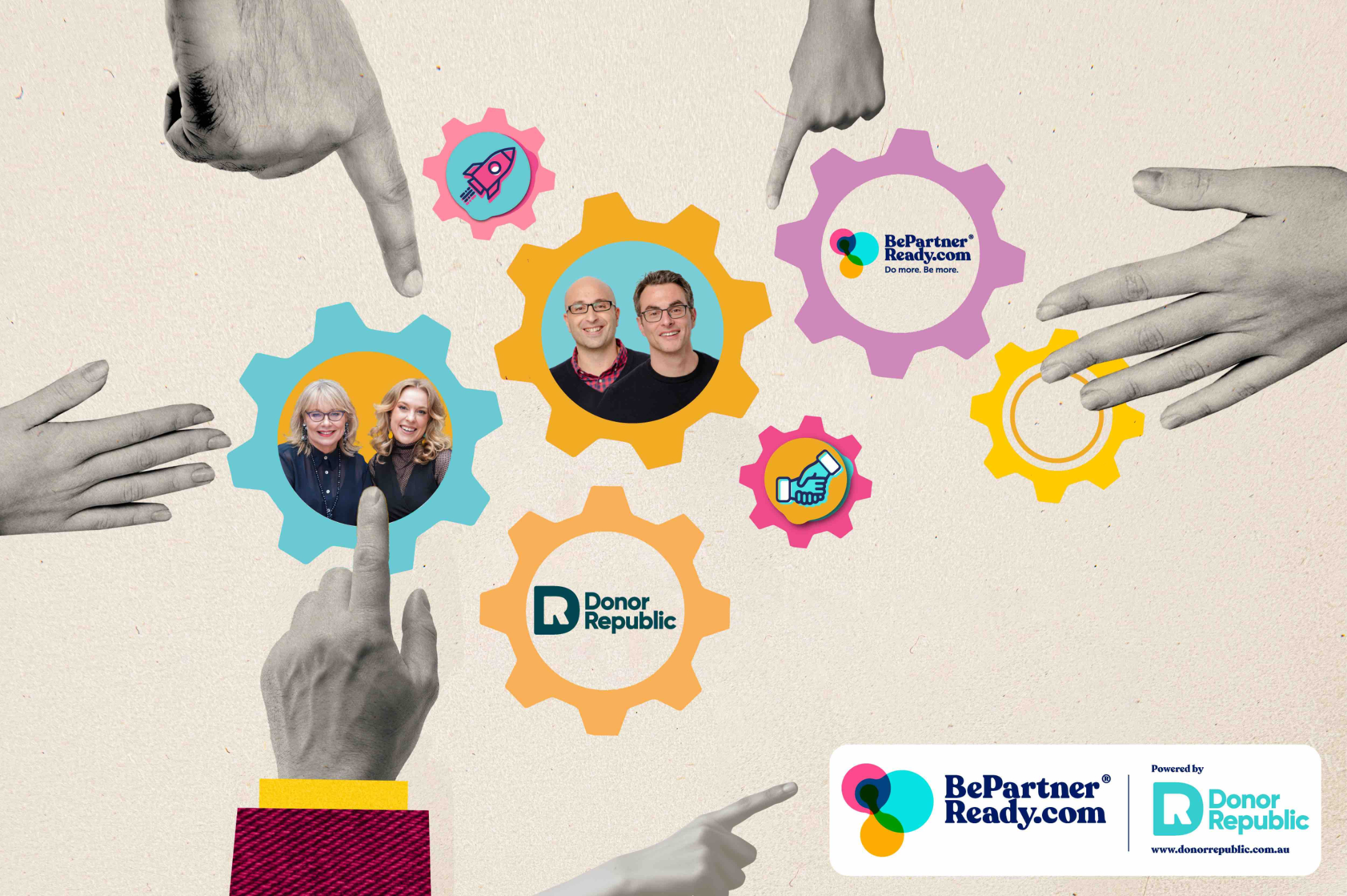
MEDIA RELEASE
Donor Republic has acquired BePartnerReady.com®, an online business that upskills non-profits and social enterprises to build lucrative corporate partnerships.
Founded by partnership matchmaker Hailey Cavill-Jaspers and Georgia McIntosh in 2020, BePartnerReady.com® has built a strong reputation for practical, no-nonsense and robust training. The program has led to numerous partnerships being formed and has seen millions of dollars in cash, exposure and expertise flow into the non-profit sector. In five years, BePartnerReady.com® has upskilled over 350 changemakers across 200 organisations.
The acquisition brings together Donor Republic’s deep expertise in fundraising strategy with BePartnerReady.com®’s proven frameworks for corporate partnerships, creating a more integrated offering for charities seeking sustainable and diversified income.
“Corporate partnerships are often misunderstood or undercooked in the not-for-profit sector -and too often treated as donations in...
How a Global Brand and an Australian Charity Are Taking a Stand Against Bullying

When a global powersports company teams up with an Australian bullying-prevention charity, you might not expect sparks to fly - but that’s exactly what happened when BRP Ltd (makers of Can-Am, Sea-Doo, Ski-Doo and more) partnered with Bully Zero.
BRP has a bold global ambition to stamp out bullying, and in 2024 they chose Bully Zero as their Australian partner. It’s a partnership built on shared values and a genuine commitment to end bullying in all its forms.
A bold global commitment
Since launching the Ride Out Intimidation program, BRP has committed more than CAD $10 million globally to tackle bullying head-on.
Their approach is refreshingly practical: bring people together, support those most at risk, and use their global reach to create conversations that actually lead to change. Across the world, their partners are working toward a simple but powerful goal - a world where everyone feels free and safe.
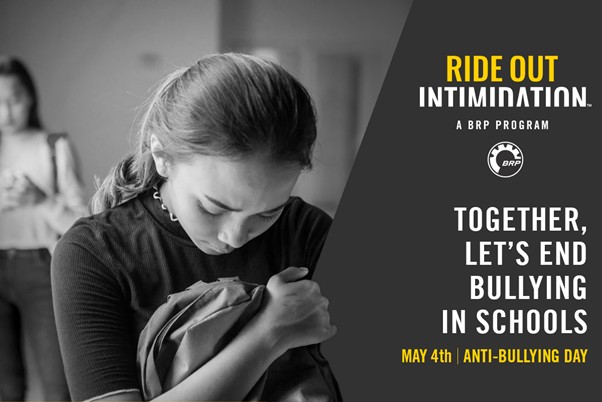
At the heart of this commitment is BRP’s Anti-Bullying Resource Hub - a ...
The Proof is in the Pudding - How to Spot the Real Corporate Partnership Experts

’Tis the season for puddings, pavs and planning for 2026 - so it feels like the perfect moment to talk about proof. Because when it comes to selecting a corporate partnerships expert, the proof really is in the pudding.
Not the glossy slides.
Not the charm.
Not the pumped-up cv.
Just like a Christmas pudding, the only thing that matters is what’s inside - the recipe, the core ingredients, the method, and the results.
And that’s how you tell the real experts from the pretenders. So, if you’re thinking about getting some guidance on corporate partnerships in 2026, listen up!

When risk gives the Board the heebie-jeebies
Corporate partnerships carry real risk: money, reputations, relationships, and staff time. Boards are right to ask questions. So, before you hand over budget, precious hours and your reputation to an ‘expert’, make sure your consultant can answer the simplest, most revealing question of all:
“What partnerships has your process actually delivered?”
If the answer is...
Healing People and Planet

How Bupa Foundation & Conservation Volunteers Australia Grew a Partnership That’s Healing People and Planet
Australia’s landscapes are spectacular - from lush Queensland rainforests to the red sands of the Outback. But these ecosystems are under pressure from climate change, habitat loss, and urban expansion.
Enter the Bupa Foundation and Conservation Volunteers Australia (CVA), a partnership born from strategy, clarity, and purpose. CVA had a vision: to form long term corporate partnerships that went beyond transactional tree planting. To make it happen, they completed BePartnerReady.com®, developing a rigorous partnership framework. Soon after, their first major collaboration was secured with the Bupa Foundation.
From readiness… to reality
Being partner-ready changed everything for CVA. They clarified what they had to offer a partner by valuing their assets, identified prospects with synergy and crafted a pitch that resonated. Bupa, aligned in purpose, saw the potential for an in...
Good Grief
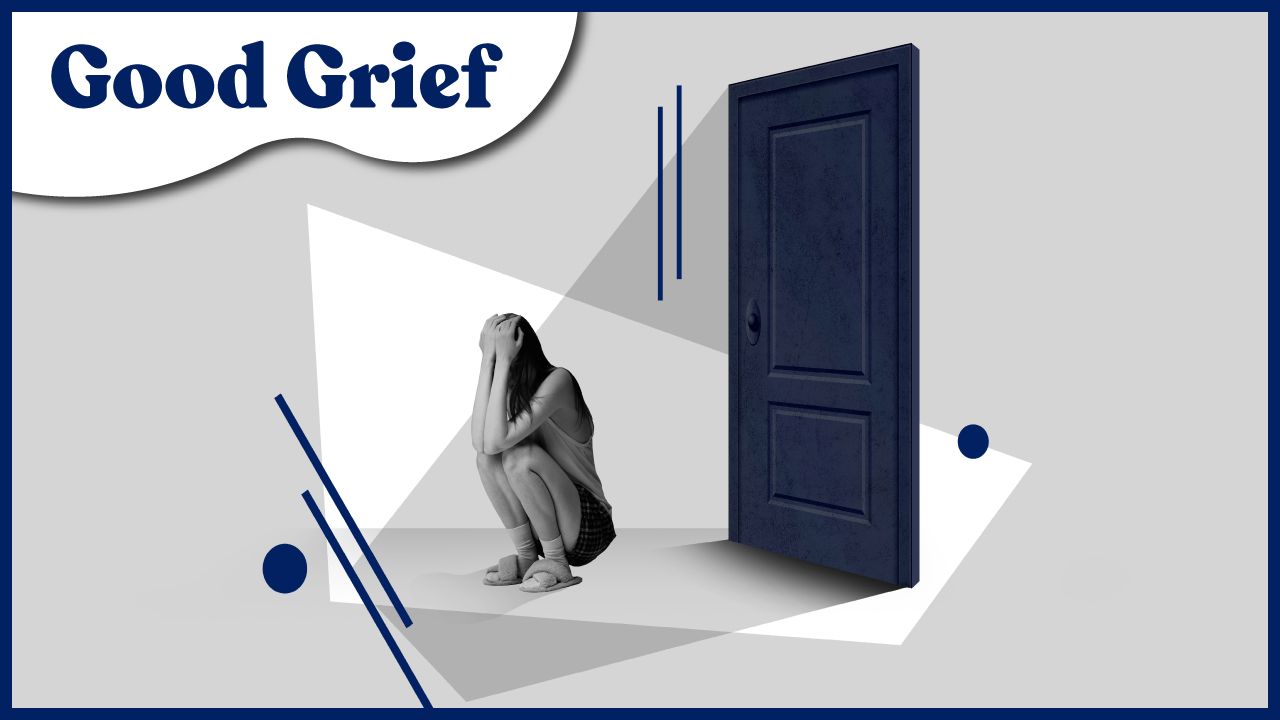
Is there such a thing as Good Grief?
I believe there is.
Grief is an essential part of life and death. But when it’s hidden behind closed doors, when it’s taboo or silenced, that’s not good.
A year ago, I met two extraordinary women who founded a non-profit called Motherless Daughters Australia. Their mission? To wrap their arms around daughters and families, connecting and supporting those experiencing the distress and lifelong impact of mother loss.
It’s a kind of grief that isn’t often talked about or understood. Motherless Daughters provides a safe space to grieve, and offers support while people navigate life’s milestones without a mum.
It’s something I deeply resonate with. My mum didn’t die, but she left our family home when I was about 13. It was 28 years before I saw her again. She wasn’t there for my teens - when I needed to buy my first bra, when I got my period, or when I was navigating the heartbreak of first love. She was absent for my 18th, my 21st and so many milest...
Why You Need Sponsorship Now

Most non-profits and social enterprises are laser-focused on fundraising. And rightly so - without funds, the engine room stops, and so does your social impact.
But what if you’ve got an innovative new idea – an event, program or campaign - that’s struggling to reach its potential? Or, at the other end of the scale, an event or program that’s been running for years and needs a serious shot of new energy?
That’s when you need more than money.

Because a great sponsor doesn’t just hand over cash - they bring exponential reach through their networks, marketing channels and audiences, plus expertise that can lift your initiative to the next level.
It’s the same story for long-running events that are losing momentum: a strong sponsor can reignite interest, bring credibility, and breathe new life into something that’s lost its spark.
Some of Australia’s most successful and longest-running charity events - Jeans for Genes (CMRI), Movember, Australia’s Biggest Morning Tea (Cancer Council...
How AIM WA Fast-Tracked Their Sponsorship
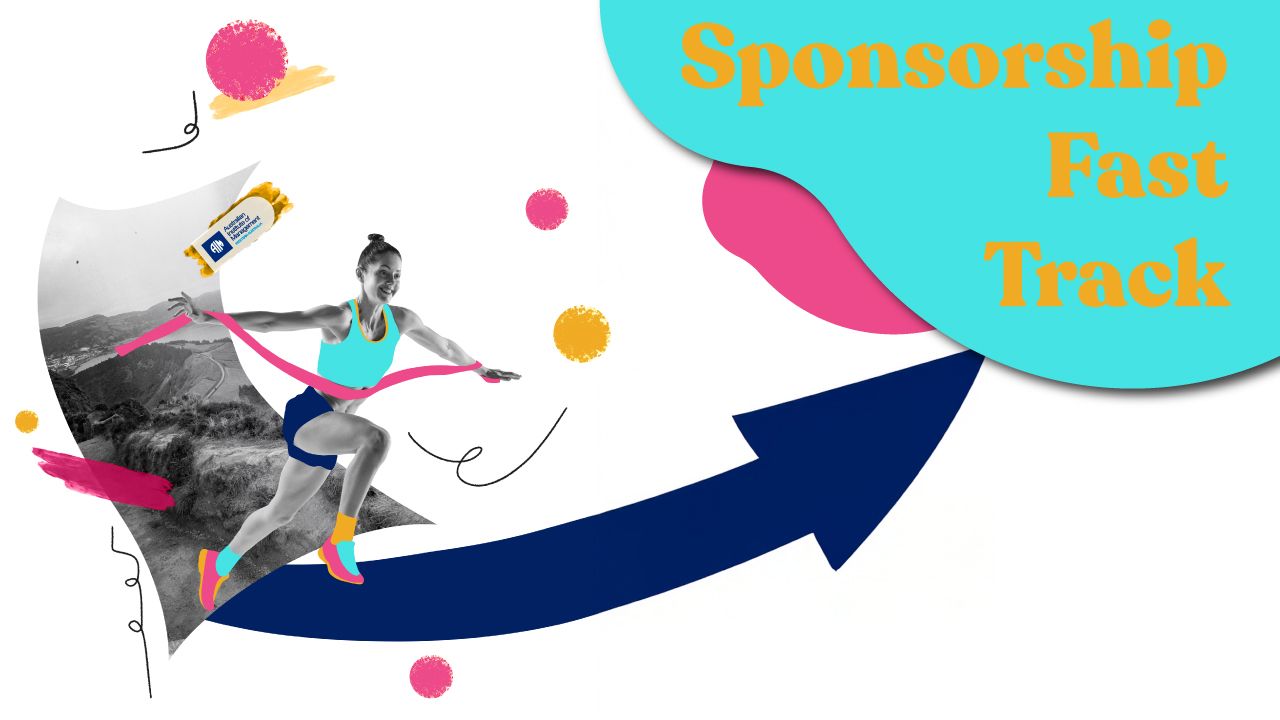
Footy fever has been in full pelt these past few weeks. I haven’t been able to look anywhere without seeing sponsor logos plastered across stadiums, jerseys, and TV screens. Sponsorship in sport is everywhere. But corporate sponsorship is so much more than visibility on a jersey or a billboard - especially when a purpose-driven organisation, social enterprise or non-profit is part of the equation.

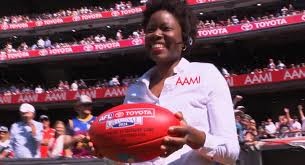
Think about it. Vital programs that save lives, build diversity and inclusion, and provide shelter for the homeless are funded - and continue to thrive - because of corporate sponsorship. Major events that raise millions of dollars and enable community participation - funded and flourishing, thanks to sponsors. Media campaigns that spread important, behaviour-changing messages - funded and making a genuine social impact.
Now, I’d be crazy (living in Australia) to say footy isn’t important. It is. It unites communities and shapes Australian culture. It drives billions in economic activity...
Don’t Propose on the First Date - A Reality Check for Charities Approaching Corporates

Meeting a potential corporate partner (prospect) for the first time? Think of it like a first date - not a wedding proposal.
Too often, non-profits rush into meetings with corporates and try to “seal the deal” on the spot. It’s the equivalent of bringing a ring to the first date. You may be passionate and well-intentioned, but it’s premature, off-putting - and usually unsuccessful.
In today’s dating world - whether you meet ‘the one’ through a friend, work or by swiping right - one thing is clear: chemistry takes time, compatibility matters, and how you present yourself on the first date could change your destiny. The same goes for partnerships with corporates.
Many non-profits are simply not discerning enough when it comes to corporate partners. Whether it’s a lack of strategy, pressure to raise funds, or just being unprepared, too many end up with the wrong match - a partner who doesn’t truly value them, expects too much, and gives too little in return.
Even worse, I see Boards e...
The Right Time to Pitch and Why
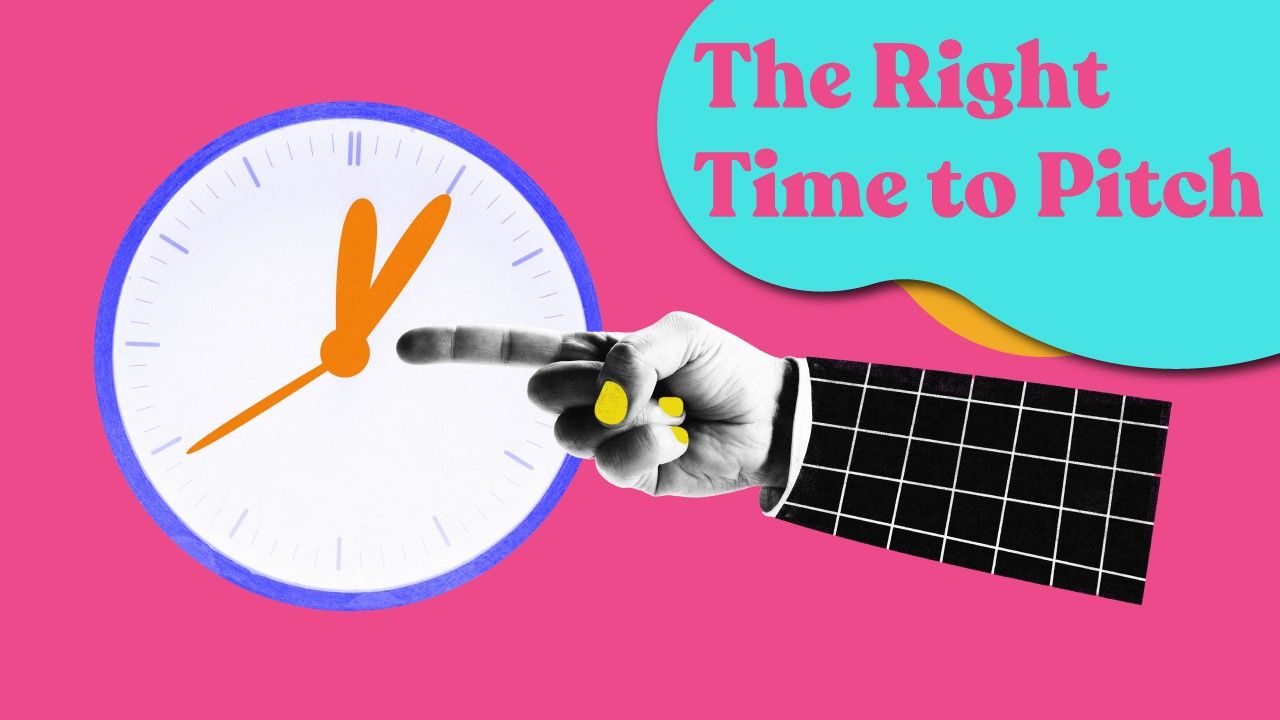
Too many non-profits fail at corporate partnerships because they pitch at the wrong time. Along with readiness, success comes down to pitching to the right person, at the right company, with the right offer - and at the right time.
Readiness is crucial and easy to identify with our free Readiness Q&A. Right person, right company, right offer - we teach that in BePartnerReady.com®. But timing? That’s trickier, because the right time to approach corporate prospects is influenced less by when you’re ready and more by when the market is ready.
Here’s the thing: you’re approaching a corporate, company, or brand for a partnership, and part of that exchange is money. You want to be in front of them when they’re planning how to spend their budget to fulfil objectives - when they’re receptive to new partnerships. Pitch too late, and the money’s gone. Pitch too early, and they’re not even thinking about it.

Having worked with corporates for 30 years and built over 50 partnerships for major ...
Finding the X: Prospecting with Intentionality

When it comes to identifying corporate prospects, it’s not about luck - it’s about knowing where to look. It’s a bit like following a treasure map. Not one scribbled on a napkin, but a well-worn map with clear signposts, symbols, and a big red X where opportunity lies.
Too many non-profits assume that any brand with a big name or deep pockets is the right partner. But true treasure isn’t scattered randomly, it’s found where there’s genuine alignment.
To navigate this terrain, you need more than instinct. You need a map. That’s exactly what our 7-step BePartnerReady.com® process provides - and Step 3 is where you start uncovering real opportunity.
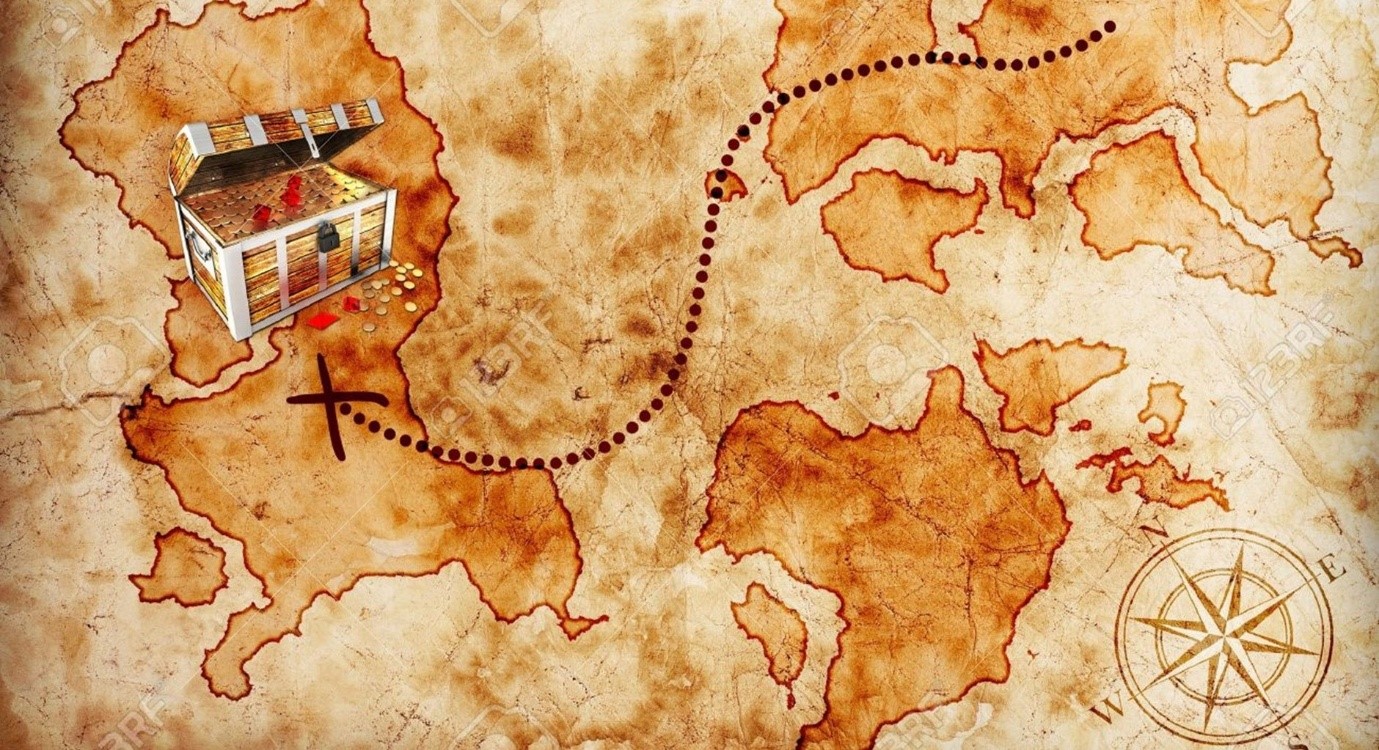
Don’t Just Wander, Follow the Map
When I landed a corporate partnerships manager role at the NSPCC in London back in 1991, I was brimming with enthusiasm - but I didn’t have a clear strategy, despite 12 years on the corporate side! Working for a big, well-known charity meant that companies often came knocking. But just because they were ...

